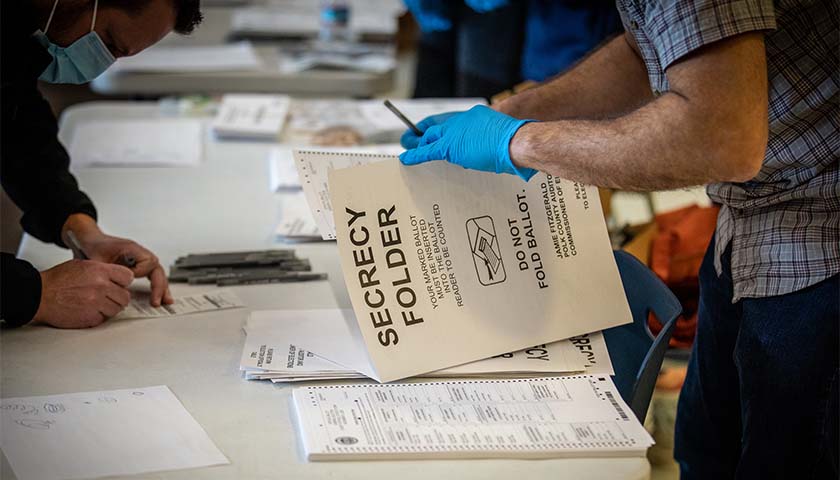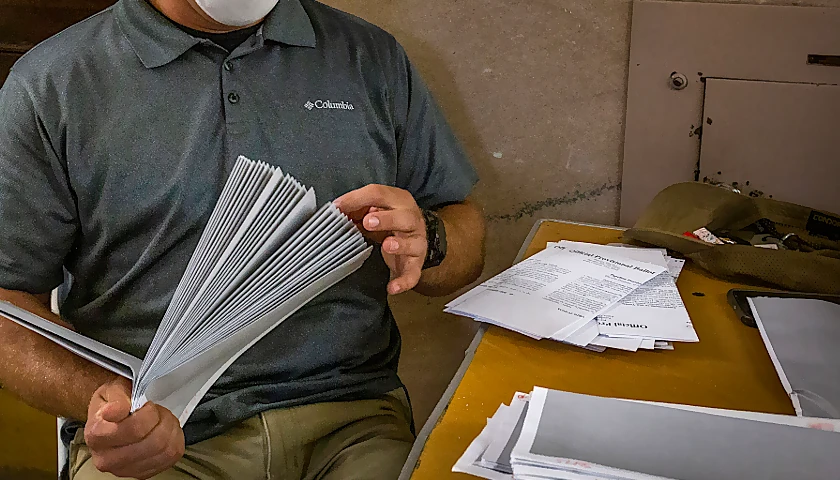by Peach Tree Times
An analysis of 2020 election results and individual Georgia Department of Elections data shows a 3,742-vote difference between those marked as having participated in the election and the number of ballots certified as being cast.
That’s according to the non-partisan Voter Reference Foundation (VRF), which released an audit of the 2020 race. It compares the state of Georgia’s official certified vote totals to its official individual voter history files, which report who voted– and who didn’t vote– last November.
The report said Georgia’s Department of Elections is 3,742 voters short, that it certified a ballot total higher than the number of voters it says voted.
VRF Executive Director Gina Swoboda, a former State of Arizona election official, said the discrepancy is unacceptable.
“We are publishing official county and state voting records,” Swoboda said. “Basic accounting principles suggest the numbers we are comparing should match and they don’t. We need to get to the bottom of why that is the case.”
The Secretary of State’s Office did not respond to a request for comment from Peach Tree Times.
VRF says it has requested the state provide a list of the records it says it deleted.
It is illegal for a state election officer to delete records from an election for President, who are required to keep them “for a period of twenty-two months from the date,” according to the federal election code.
Georgia’s marks the sixth VRF 2020 vote audit released since its founding this year.
VRF found similar vote discrepancies in Virginia (63,984 voters short), Nevada (8,964 voters short), Pennsylvania (41,503) and New Jersey (37,944 voters short) and, with certified results citing totals higher than individual voter records did. North Carolina’s difference was just 42 votes.
Downers Grove, Ill.-based Restoration Action launched VRF and a web site, VoteRef.com, in August.
“No organization has attempted to gather the nationwide voter file, and then to keep it up to date as a tool of transparency in elections,” Swoboda said. “This is a leap forward in technology and tools for voters to keep an eye on elections, ask questions, and encourage electoral integrity.”
VoteRef.com allows users to browse the public voter registration and history data it uses for its audits. This includes individual voter registrations state-by-state, indicating whether an individual voted or did not vote in a given election.
“This is being built as a forward-looking tool to ensure transparency and make sure voters can trust in the lists that are the very foundation of our election system,” Swoboda said.
– – –
Photo “Election Day 2020” by Phil Roeder. CC BY 2.0.





